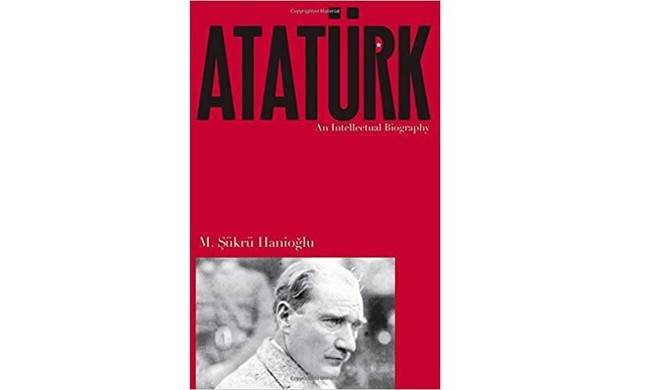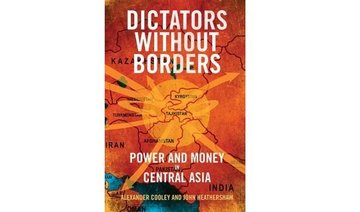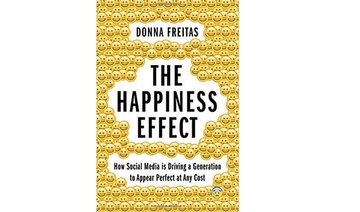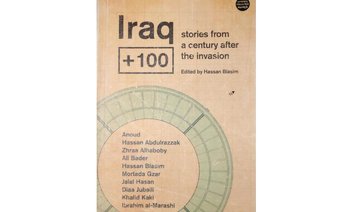One cannot understand what is happening in Turkey nowadays without taking an in-depth look at the life of the founder of the Republic of Turkey, Mustafa Kemal Atatürk. In this revised paperback edition of “Atatürk: An Intellectual Biography,” Şükrü Hanioğlu attempts to demystify Atatürk and reassess his historical role and the impact of his legacy on modern Turkey.
Hanioğlu’s main task was to separate “the strands of fact from the considerable body of fiction that has accumulated since Atatürk’s death.” We are told that many of the sayings attributed to Atatürk are spurious and that for a number of years Turkish scholars even believed that Atatürk forewarned US Army Chief of Staff Douglas MacArthur about WWII in 1932, despite the minutes of the meeting showing no proof of such a warning.
Atatürk created the Republic of Turkey out of the ashes of the Ottoman Empire and modeled it on European nation states. The Kemalist revolution entailed a conscious reconstruction of Turkish national identity by rejecting the country’s Ottoman heritage and Islamism so that it could become a part of the West.
Atatürk took great pride in being born in the cosmopolitan Macedonian capital of Salonica, a city in Greece that is also referred to as Thessaloniki. He lived a comfortable life until he reached the age of seven, when his father’s death compelled the family to move to the countryside. Atatürk soon returned to the city to live with his paternal aunt, but left school after he was beaten by a teacher for getting involved in a fight. Atatürk then secretly applied to the military preparatory school in Salonica and was accepted at the tender age of 13.
After the preparatory school, Atatürk graduated from the military’s high school with flying colors. He then traveled to Istanbul to enroll in the prestigious Royal Military Academy, which was striving to produce “a new class” of officers to lead the nation. Prussian military expert Colmar Freiherr von der Goltz was in charge of forging a modern armed force, milking the population for officers loyal to the state. However, the Ottoman Empire was falling apart at the time.
“How then was the nonexistent nation to be summoned to arms? The forging of a nation in arms required an ideological framework that would cement the bond between the new rulers and the masses. But how could such a framework possibly appeal to the empire’s diverse population groups? Clearly, a nationalist ideology would have much greater chances of success were the population ethnically homogenous. This line of reasoning contributed to the rising popularity of Turkism among Ottoman officers in the last quarter of the 19th century,” Hanioğlu wrote.
Atatürk believed that a nation in arms required a strong identity and therefore it was necessary to build a Turkish military to promote awareness of Turkish national identity throughout society.
Despite sharing some details, this book does not dwell on Atatürk’s personal life and instead sheds new light on the transition between the end of the Ottoman Empire and the beginning of Turkey as we know it today.
Although Atatürk admired European civilizations, he could not accept the plans drawn up for the Ottoman Empire in the wake of the disastrous Balkan Wars. The conflict effectively transformed a multi-continental empire into an Asiatic country.
In February 1915, while he was settling down with his new regiment in Thrace, the British started to bombard Ottoman fortifications in the Dardanelles and Atatürk’s unit was ordered to proceed to the area. Atatürk changed the course of the battle on the very first day of the assault. The moment he witnessed a disorderly Ottoman retreat, he rushed to the front even though it was not under his command. He immediately reassembled the panicked soldiers and launched bold counter-offensives which ended in a bitter trench war that lasted until the total withdrawal of the enemy in December. This unparalleled victory for the Ottomans eventually weakened Russia and gave the Bolsheviks the opportunity to launch their revolution in February 1917. This marked the beginning of the internal collapse of the Russian Empire. On Oct. 30, 1918, the Ottoman government signed the Armistice of Mudros and withdrew from the war.
Atatürk’s rise to power continued during the Turkish struggle for independence and he soon became a national hero. He was now ready to prepare the public for the abolition of the caliphate and the establishment of a republic. On March 3, 1924, the Grand National Assembly of Turkey voted in favor of the abolition of the caliphate. Atatürk’s next step was to establish a secular republic.
“On the model of its French counterpart, Turkish laïcité (secularism) strove to control religion and reduce it to a private affair, instead of merely creating a separation between (the) mosque and (the) state,” Hanioğlu wrote.
Atatürk’s radical secularization did not have much of an impact on the masses but his idea of catching up with the world’s so-called modern civilizations continues to inspire many Turks. However, his new Turkish nationalism, conspicuously devoid of Ottoman history, was virtually impossible to justify. Indeed, less than a year after he died in 1938, the regime decided to celebrate the centennial of the famous Ottoman reforms known as the Tanzimat reforms.
It is also interesting to note that Atatürk made great efforts to push the notion that Turkey belongs to Europe, whereas Turkish Islamists refer to the country as a Middle Eastern state.
Atatürk’s most remarkable achievements remain the battles he fought and won in extraordinary difficult circumstances. “The key to Atatürk’s success, in other words, lay not in the originality of his ideas but in the singularity of the opportunity he seized,” Hanioğlu concluded.

























